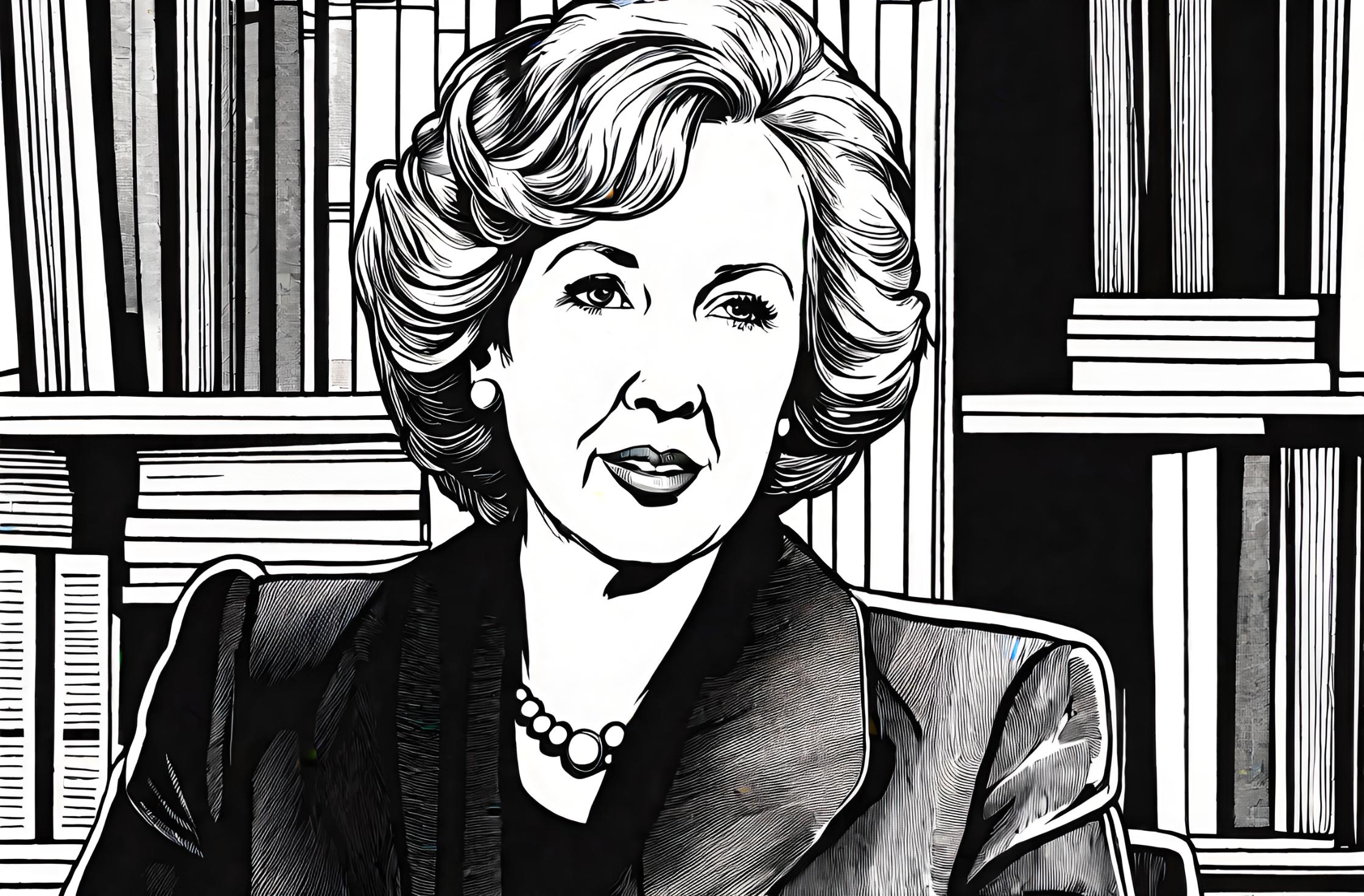Flashback to June 25
World History

On June 23, 1956, a historic event took place in Egypt as Gamal Abdel Nasser was elected as the president of the country. This was a significant moment in Egyptian history, marking the beginning of a new era for the nation. In this article, we will delve into the details of Nasser’s election and its impact on Egypt.
Gamal Abdel Nasser was born on January 15, 1918, in Alexandria, Egypt. He joined the military and quickly rose through the ranks, eventually becoming a prominent figure in the Free Officers Movement. This movement aimed to overthrow the corrupt monarchy and establish a new Egypt free from foreign influence.
Nasser’s election came after a turbulent period in Egyptian politics. The British had exerted considerable influence over Egypt for decades, and their presence was deeply resented by many Egyptians. Nasser and the Free Officers Movement played a pivotal role in the 1952 Egyptian revolution, which resulted in the removal of King Farouk and the establishment of a republic.
After the revolution, Nasser became the dominant figure in Egypt’s political landscape. He played a crucial role in implementing wide-ranging reforms and modernization programs. One of his most notable achievements was the nationalization of the Suez Canal in 1956. This move aimed to regain control over Egypt’s resources and assert its independence from foreign powers.
Nasser’s election as president in 1956 was met with great enthusiasm by the Egyptian people. They saw him as a symbol of hope and a leader who would prioritize their interests above all else. Nasser’s charismatic personality and nationalist ideology resonated with the masses, solidifying his popularity.
During his presidency, Nasser introduced various social and economic reforms aimed at improving the lives of ordinary Egyptians. He focused on land reforms, industrialization, and education, which significantly contributed to the development of the country. Nasser also sought to create a pan-Arab alliance, advocating for Arab unity against Western imperialism.
Despite his accomplishments, Nasser’s presidency was not without challenges. The period saw a continuous power struggle between Nasser and the Muslim Brotherhood, an Islamist organization that opposed his secular policies. Nasser’s government responded with crackdowns on the Brotherhood and other political opponents, leading to increased polarization within Egyptian society.
Furthermore, Nasser’s foreign policy decisions also stirred controversy. His involvement in regional conflicts, such as the Suez Crisis in 1956 and the Six-Day War in 1967, had significant ramifications for Egypt. While Nasser’s charismatic leadership had its admirers both domestically and internationally, his actions were not immune to criticism.
The legacy of Nasser’s presidency is complex and multifaceted. He remains a revered figure in Egyptian history, seen as a champion of Arab nationalism and a symbol of resistance against Western powers. His policies and reforms had a lasting impact on Egypt, shaping the country’s political, social, and economic landscape.
However, Nasser’s tenure also highlighted the challenges of governing a nation in a rapidly changing world. The conflict with the Muslim Brotherhood, as well as his foreign policy decisions, demonstrated the delicate balance needed to navigate Egypt’s domestic and international affairs.
Gamal Abdel Nasser’s election as the president of Egypt on June 23, 1956, was a turning point in the country’s history. His charismatic leadership, nationalist ideology, and ambitious reforms left an indelible mark on Egypt. While his presidency had its share of successes and controversies, Nasser’s influence remains significant to this day, shaping the course of Egyptian politics and society.
We strive for accuracy. If you see something that doesn't look right, click here to contact us!
Sponsored Content

Kim Campbell becomes the…
On June 25, 1993,…

Korean conflict begins; North…
On June 25, 1950,…

Irish police foil an…
On 6/25/1985, Irish police…

Litas currency is introduced…
On 6/25/1993, Lithuania introduced…

Simon de Montfort a…
On 6/25/1212, Simon de…

E F Helin and…
On June 25, 1979,…

